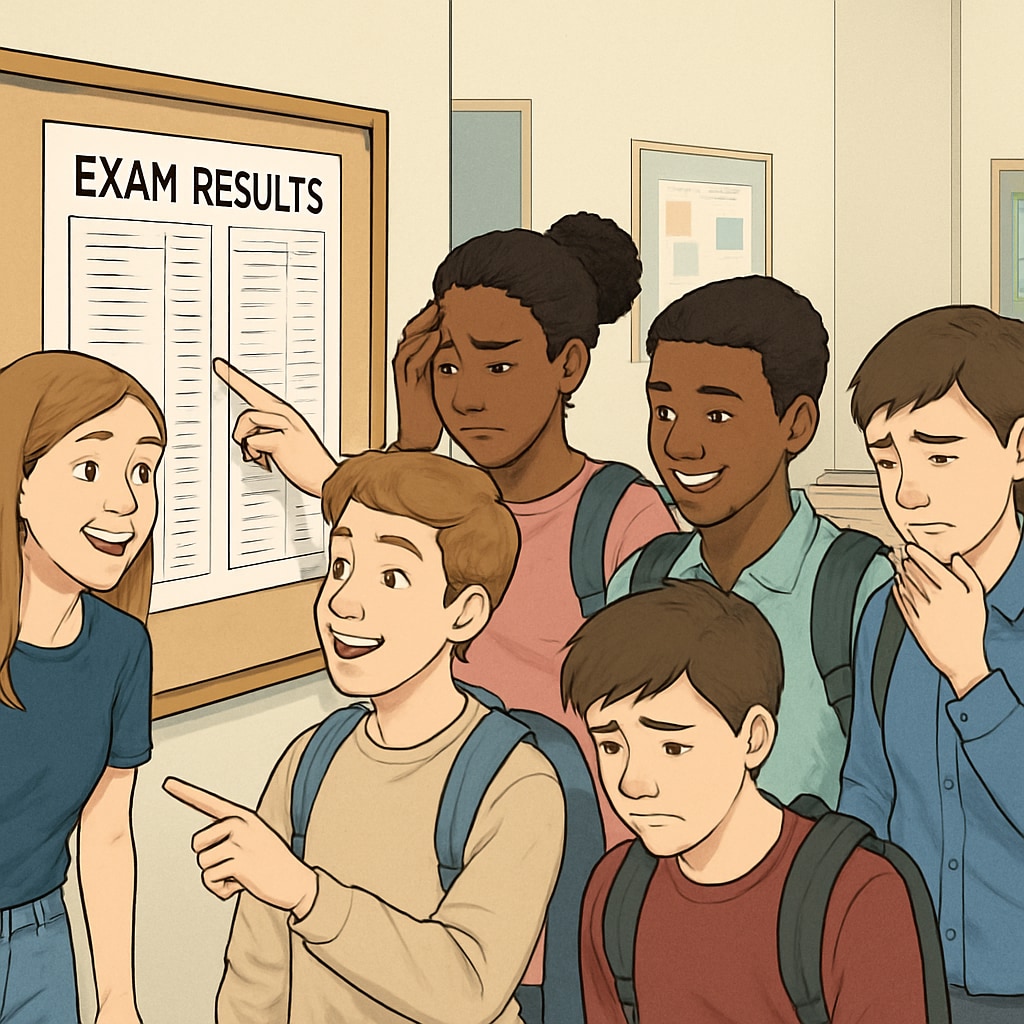For many students in the UK, GCSE results mark a pivotal moment in their academic journey. However, when those results fall below expectations, it can spark significant academic struggles and self-doubt. These emotions often evolve into concerns about future career prospects and societal judgment. Despite the pressure associated with GCSEs, it’s important to understand that academic grades alone do not define a person’s potential or worth. This article explores the impact of GCSE outcomes on students’ lives and highlights alternative pathways to success.
The Emotional Impact of Poor GCSE Results
Receiving disappointing GCSE results can be a deeply emotional experience for students. Many feel as though their future prospects are irreparably damaged, leading to feelings of self-doubt and academic anxiety. Furthermore, societal expectations and the emphasis on grades can amplify these emotions, making students feel judged or inadequate.

Research indicates that poor academic performance can significantly affect self-esteem and mental well-being. For example, the British Psychological Society notes that educational pressures contribute to rising rates of anxiety and depression among teenagers. It’s vital for parents, teachers, and policymakers to recognize these challenges and provide support systems to help students navigate these difficult moments.
Beyond Academic Grades: Exploring Alternative Success Paths
While GCSEs are often considered a stepping stone to higher education, their importance should not overshadow other viable paths to success. Many students thrive in vocational training programs, apprenticeships, or creative industries that place a greater emphasis on skill development rather than academic qualifications.
For example, organizations like Apprenticeships.gov.uk offer structured programs that integrate hands-on learning with professional experience. These opportunities allow students to build confidence and develop skills that align with their interests and career goals. Similarly, creative fields such as graphic design or filmmaking often prioritize portfolios and practical abilities over traditional grades.
Changing the Narrative Around GCSE Results
To reduce the stigma surrounding poor GCSE performance, society must shift its narrative. Success should be seen as multi-dimensional, encompassing not only academic achievements but also emotional resilience, adaptability, and creativity. Encouraging this perspective can help students focus on their strengths rather than dwelling on perceived failures.

Parents and educators play a crucial role in fostering this mindset. Open conversations about alternative pathways, along with celebrating non-academic accomplishments, can empower students to view their futures with optimism. Additionally, schools can introduce programs to support students who may excel outside traditional academic settings, ensuring they receive the guidance needed to pursue their unique aspirations.
Practical Steps to Overcome Self-Doubt
If you or someone you know is struggling with the impact of poor GCSE results, consider the following practical steps:
- Seek Guidance: Speak to school counselors or career advisors to explore alternative pathways and opportunities.
- Focus on Strengths: Identify areas where you excel, whether it’s creativity, problem-solving, or communication skills.
- Set Realistic Goals: Break larger ambitions into smaller, achievable steps to rebuild confidence.
- Connect with Peers: Share experiences with others who have faced similar challenges to gain perspective and support.
- Consider Professional Help: If self-doubt impacts mental health, consult a therapist or counselor for additional support.
It’s essential to remember that setbacks are a natural part of life. Often, the most successful individuals are those who have learned to adapt and grow through challenging circumstances. By redefining what success means, students can move forward with resilience and optimism.
Readability guidance: Throughout this article, short paragraphs and clear headings provide an organized structure. Lists summarize key points effectively, while external links offer additional resources for readers seeking guidance.


